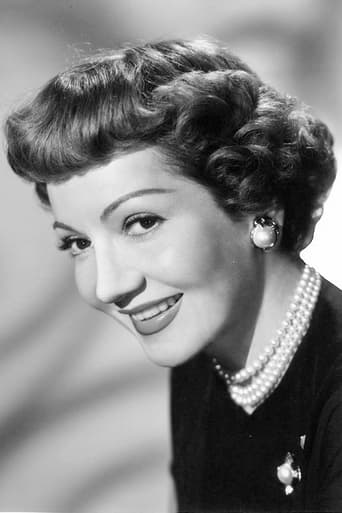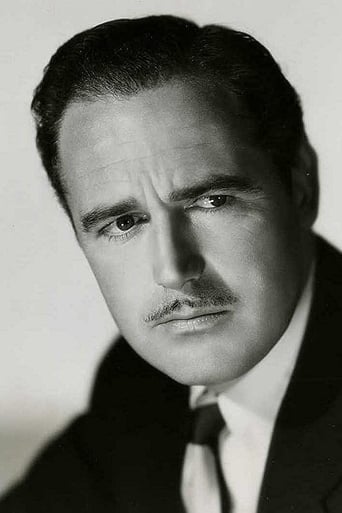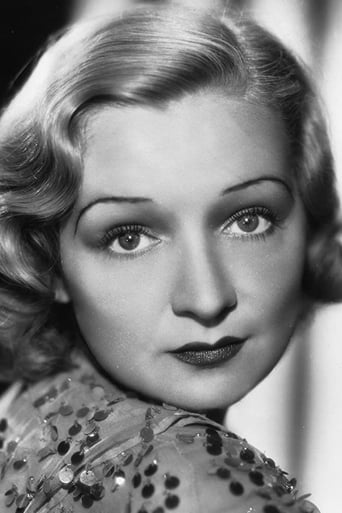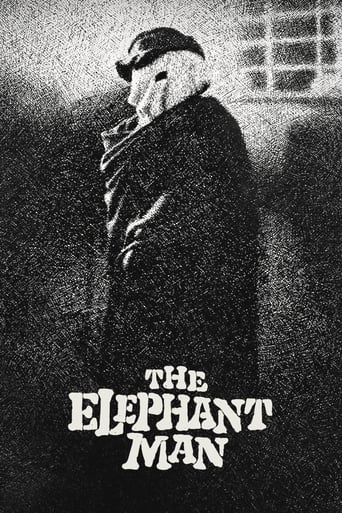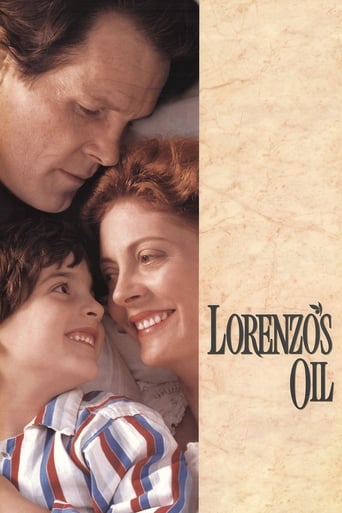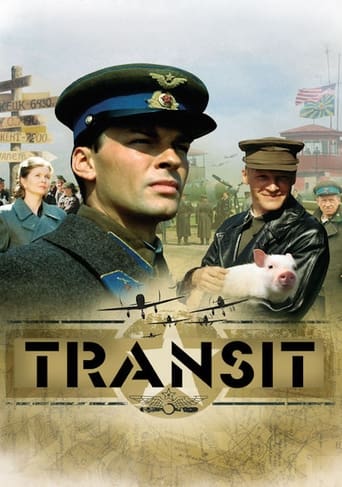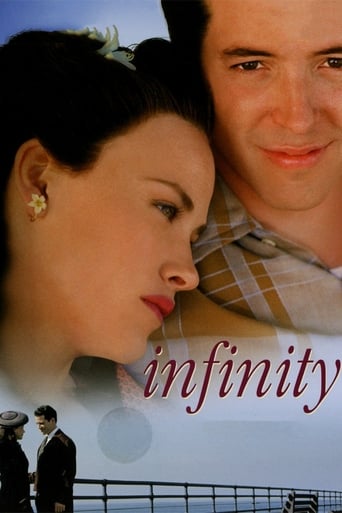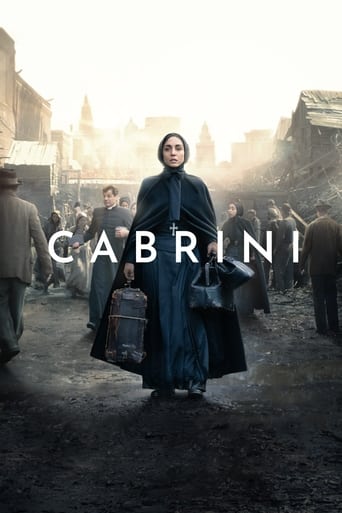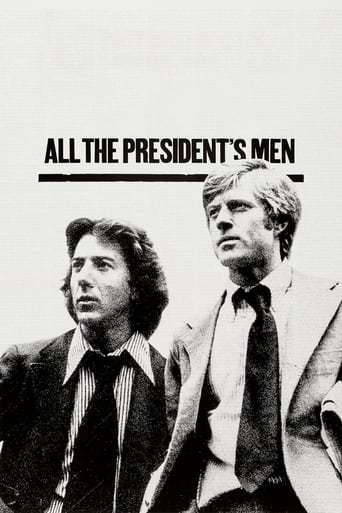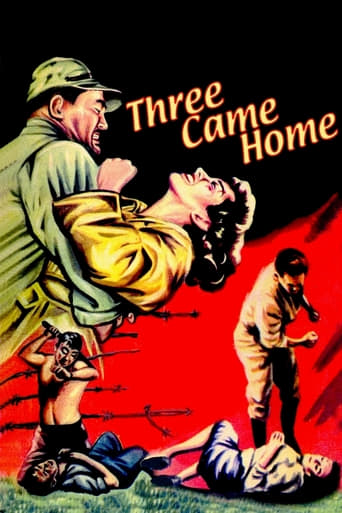
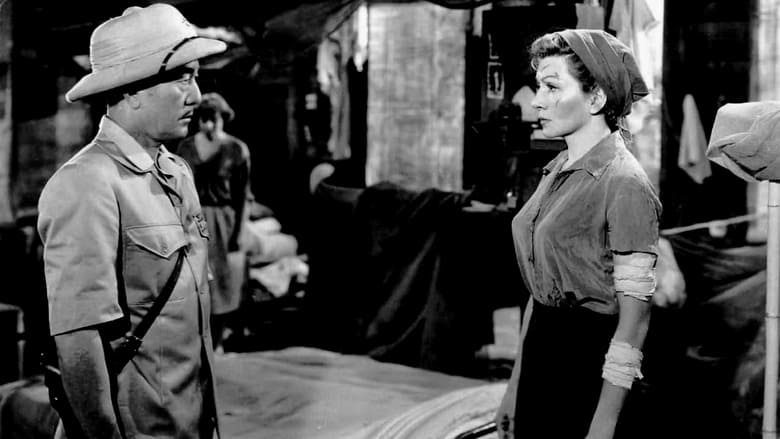
Three Came Home (1950)
Borneo, 1941, during World War II. When the Japanese occupy the island, American writer Agnes Newton Keith is separated from her husband and imprisoned with her son in a prison camp run by the enigmatic Colonel Suga.
Watch Trailer
Cast


Similar titles
Reviews
The story of Claudette Colbert, her husband Patrick Knowles, and their young child during the Japanese occupation of Borneo shortly after Pearl Harbor in 1941. In précis it looks pretty ominous. The brutal Japanese, the sobbing women, the starving children, the constant insults and beatings. And this is, after all, 1950, probably written and shot mostly in 1949, with the war a short four years behind. It was less than a decade earlier that the war-time movies had been calling the Japanese "bandy legged monkeys" (Robert Taylor in "Bataan") and calling for them to be "wiped off the face of the earth" (Henry Hull in "Objective Burma.").Well, the authoress of the book this is based on can be glad she wasn't a Chinese woman when the Japanese occupied Nanking in China, true enough, but this film is more nuanced than any other I can think of from the period. It's, well, it's credible. Japanese prison camps were much harder on prisoners than the German Stalags. The Japanese were equally hard on their own warriors. The aviation cadets at Etajima endured a long and strenuous training program and were beaten routinely with sticks for errors. Late in the war, officers on Chichi Jima ate the liver of decomposing American corpses. Not that they enjoyed it; they were half drunk before they could bring themselves to do it. It was a demonstration to the men that even the most disgusting acts could be overcome with courage.At any rate, the Japanese, let by Colonel Sesue Hayakawa, separated men and women into different camps but nobody ate any livers. The Japanese guards followed orders implicitly, and when Hayakawa was absent, one of them rapes Colbert and later twists her arm brutally to get her to sign a fake admission. But they're not the raving maniacs of "Purple Heart." And Hayakawa is a horse of a different color; a nice guy, literate, understanding, a graduate of the University of Washington, who enjoys children and grieves when three of his own are killed in Hiroshima.It's rather surprising to find the Japanese being treated so evenly in a film from the 1950s. They're not "good" but they're not "bandy legged monkeys" either. They're just believable.Hayakawa delivers a fine subdued performance and it's certainly Colbert's most notable dramatic role. It's worth catching -- an adult movie about the war, when most of Western cinema was just recovering from a long spell of enmity.
This film is a true story and Ms. Colbert delivers one of her finest film performances without question. It Happened One Night is also one of her other performances. This war film shows the contrasting differences of brutality and humanity the Japanese Armed Forces was known for and is unique and horrific to see at times. This film is an essentially important film in the way that it should remind us all how fragile our freedoms really are. But it does show how far Japanese American relations came in five years. The performance turned in my young "George" the little boy who played Colberts son is only one of two listed performances he is known for. He was seven years old at the time but appears to be five years old which by design makes the audience feel even more sympathy and anger towards his mistreatment. This is one of my five favorite films.
Thank God for Fox Movie Channel. Claudette Colbert gives yet another shining performance as a WWII POW in THREE CAME HOME. The Japanese intern her, her son and husband from 1941 until war's end. Based on a real account by a published author of the time, the movie is pretty gritty for 1950, and includes a reasonably realistic attempted rape and some 1950s-style beatings, which means no blood and no real "contact" as various female POWs are slapped around and kicked while they're down. The legendary Sessue Hayakawa plays a colonel who befriends Colbert's educated and compassionate character, and he lives to lose his entire family in the flames of Hiroshima while she is reunited with hers at the end -- hence the title. Shot in decent quality B&W. While the Japanese overlords other than Hayakawa are depicted as brutal, they are not the drooling, ravenous, bucktoothed sadists of a typical WWII-era movie (and which they were probably like in real life). Most of the cast is British, although the film is a Hollywood job, albeit shot overseas for a better sense of authenticity. Suggested for all those who like a good character study, which is what this movie is all about.
Three Came Home is a unique and distinguished motion picture, unique in its intelligent, understated direction by the Rumanian Jean Negulesco, distinguished by the stunning performances of Claudette Colbert and Sessue Hayakawa. Negulesco, who is perhaps best known among film fans for the fifties' crowd-pleasers How to Marry a Millionaire and Three Coins in the Fountain and his masterpiece, Jane Wyman's 1948 Oscar-winner Johnny Belinda, was a director whose style was influenced by the general mies-en-scene, or overall "look" of the studios he worked for. These were Warner Brothers and Twentieth-Century-Fox, respectively. In a Jean Negulesco film one doesn't usually pick out extraordinary camera shots, because the emphasis is on character and atmosphere and how the characters are often so affected by their environment as to be very nearly engulfed by it. This was literally the case with the Joan Crawford character in Negulesco's unforgettable Humoresque. In Three Came Home he adopted the spareness of the Fox lot's production values- no gloss- to invoke the harshness and deprivation of a Japanese internment camp for women during World War II. Negulesco's pacing and emotional truth make every scene decidedly devoid of melodrama. I liked the scene of the character played by Colbert (on whose memoir the film is based) searching in the night darkness for her quarters before being caught by the prison camp guards. Absolutely harrowing and poignant at the same time, and the scene's wrap-up is emotionally and overpoweringly satisfying. As is the entire picture. Claudette Colbert (like her contemporaries Greer Garson, Deborah Kerr, Dorothy McGuire, Jean Simmons) was a great female star who evoked her own natural warmth and friendliness through her roles. Primarily remembered for her charming comedic performances (It Happened One Night, Midnight, The Egg and I chief among them) she grew into a dramatic actress of power far and above sincerity and star magnetism. Never was she more real and on-the-mark than in her portrayal of Agnes Keith in Three Came Home. Her scenes with Sessue Hayakawa (superb as a powerless, conscience-stricken Japanese commander) are wonderful, as are the scenes with (precious) Mark Keuning as her little son and the finale. Three Came Home was a brave film to make for its time due to its balanced perspective of two cultures represented by two main characters, showing the inhumane and human sides of war. It failed at the box office though critically acclaimed. It should be seen and appreciated as a film testament to a time in history, a delineation of the impact of tyranny and intolerance that can still be felt in today's world.


